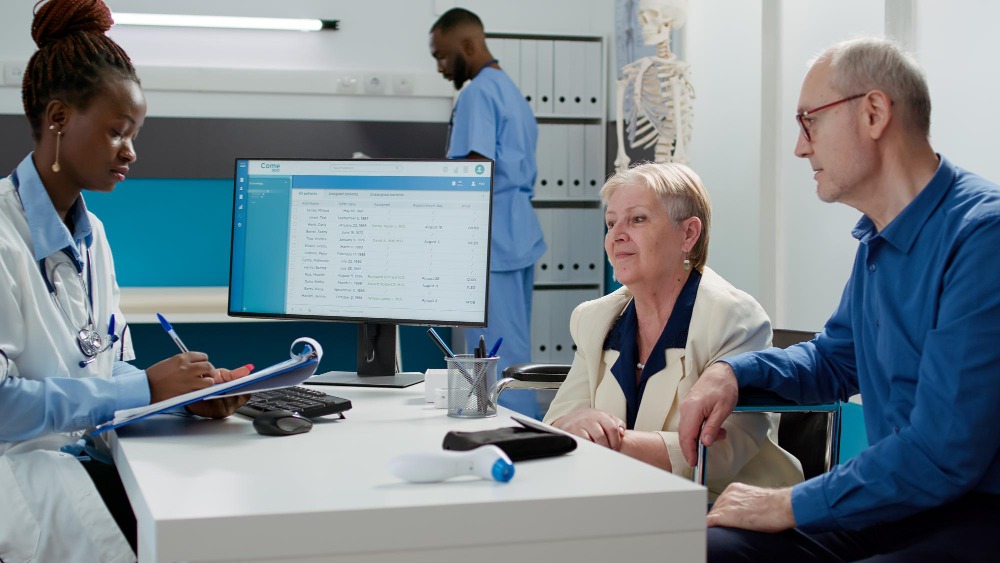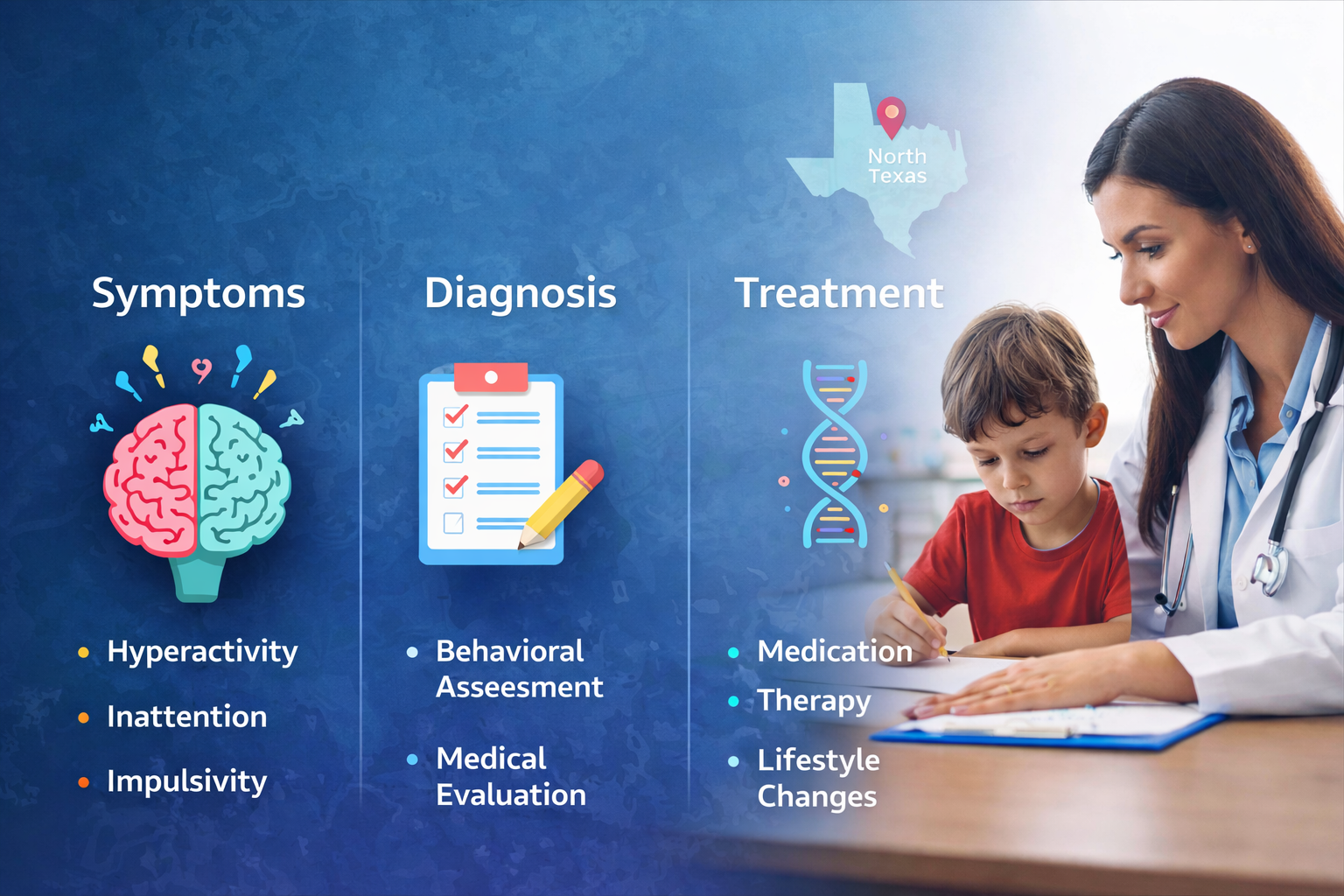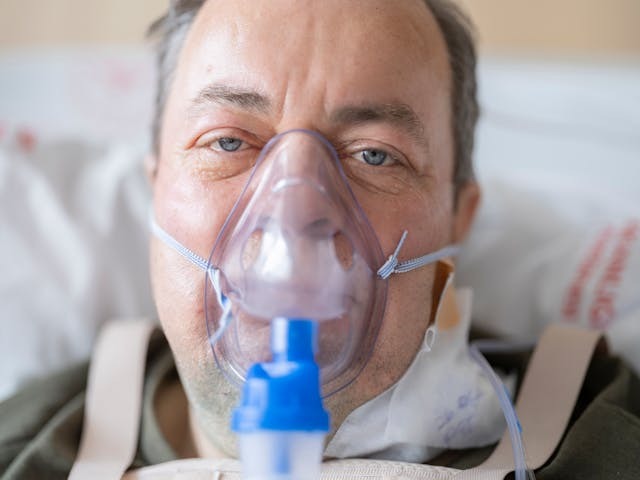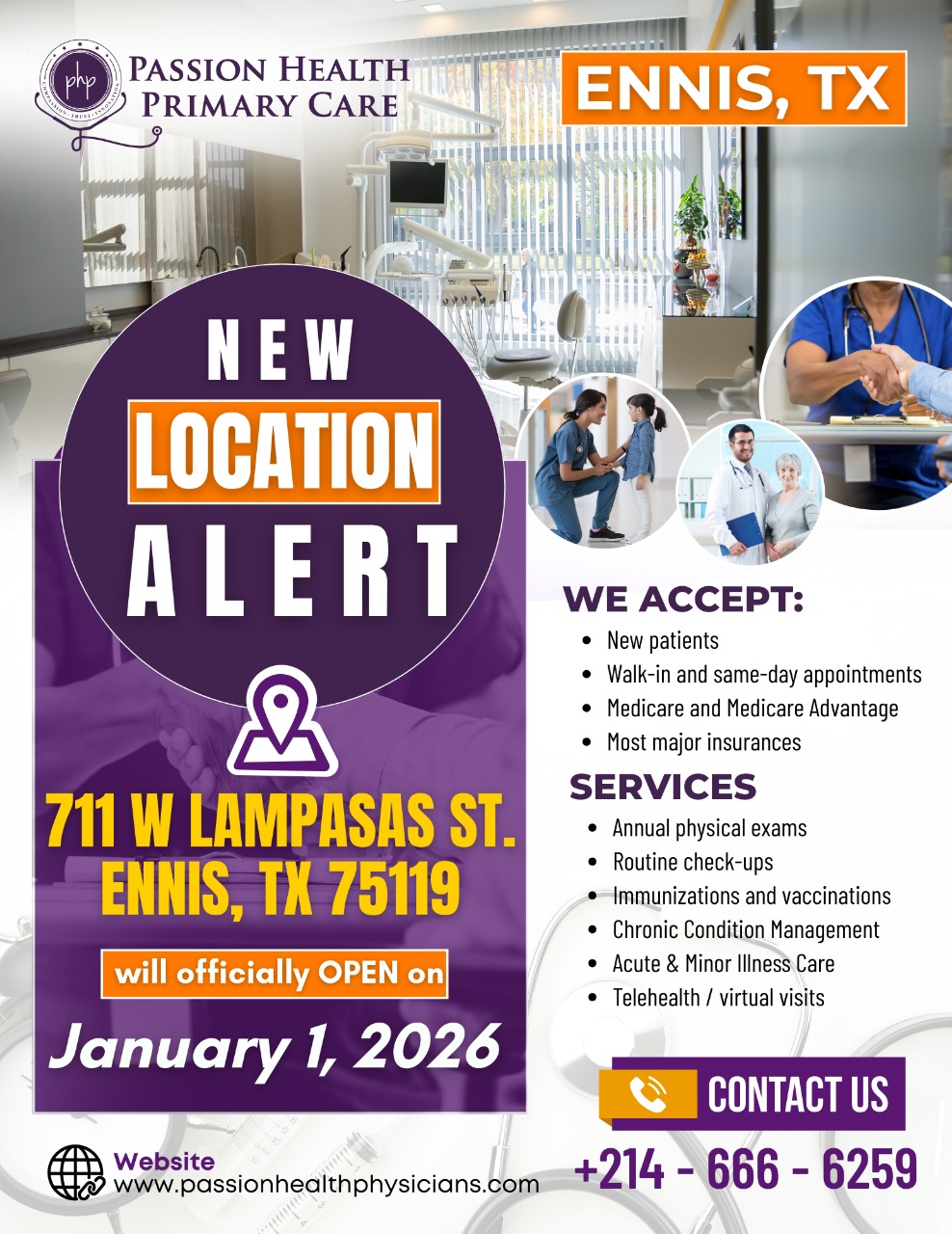
Understanding Insurance Billing and Self-Pay Rates at Passion Health Primary Care (DFW)Understanding Insurance Billing and Self-Pay Rates at Passion Health Primary Care (DFW)
Healthcare billing can be confusing—even if you have insurance. Terms like deductibles, copays, coinsurance, lab fees, and in-network versus out-of-network can make it hard to understand what you will actually

How to Lose Weight in a Month Without Starving: A Safe, Sustainable Guide from Passion Health Primary CareHow to Lose Weight in a Month Without Starving: A Safe, Sustainable Guide from Passion Health Primary Care
How to Lose Weight in a Month Without Starving: A Safe, Sustainable Guide from Passion Health Primary Care Losing weight in a month is possible — but starving yourself is

Hydration Matters: How Much Water Do You Really Need — And When Dehydration Becomes Dangerous?Hydration Matters: How Much Water Do You Really Need — And When Dehydration Becomes Dangerous?
Hydration Matters: How Much Water Do You Really Need — And When Dehydration Becomes Dangerous? Water is one of the most important nutrients your body needs — yet it’s the

Understanding Your Symptoms: When Is Home Care Enough — And When Should You Seek Medical Guidance?Understanding Your Symptoms: When Is Home Care Enough — And When Should You Seek Medical Guidance?
Every day, people experience symptoms like headaches, stomach discomfort, cough, fatigue, joint pain, or mild fever. Most of the time, these symptoms are minor and improve on their own. But

The Complete Guide to ADHD: Symptoms, Diagnosis, and Advanced Treatment in North TexasThe Complete Guide to ADHD: Symptoms, Diagnosis, and Advanced Treatment in North Texas
The Complete Guide to ADHD: Symptoms, Diagnosis, and Advanced Treatment in North Texas Attention-Deficit/Hyperactivity Disorder (ADHD) is not just about “trouble sitting still.” It is a complex neurodevelopmental condition that

ADHD Diagnosis & Evaluation: Getting Answers (Not Just Guesses) in North TexasADHD Diagnosis & Evaluation: Getting Answers (Not Just Guesses) in North Texas
ADHD Diagnosis & Evaluation: Getting Answers (Not Just Guesses) in North Texas Attention-Deficit/Hyperactivity Disorder (ADHD) is a complex neurobiological condition, not a personality flaw. Because its symptoms—like brain fog, restlessness,

ADHD Through the Lifespan: A Management Guide by AgeADHD Through the Lifespan: A Management Guide by Age
ADHD Through the Lifespan: A Management Guide by Age ADHD is not something you “grow out of”—it is something you “grow into.” As life gets more complex, the demands on

ADHD Treatment & Medication Guide: Finding Your Balance in North TexasADHD Treatment & Medication Guide: Finding Your Balance in North Texas
ADHD Treatment & Medication Guide: Finding Your Balance in North Texas Treating ADHD is not about “fixing” a broken brain; it’s about giving a high-performance engine the brakes and steering




